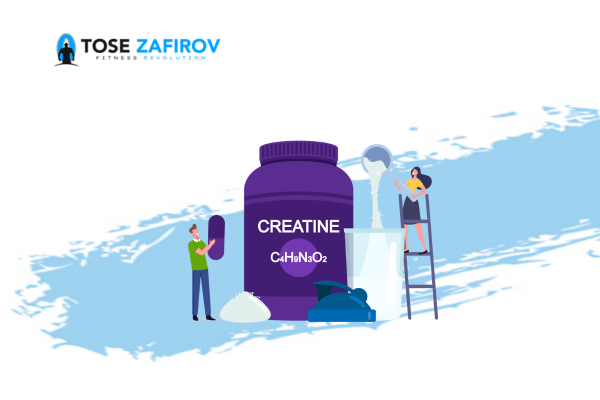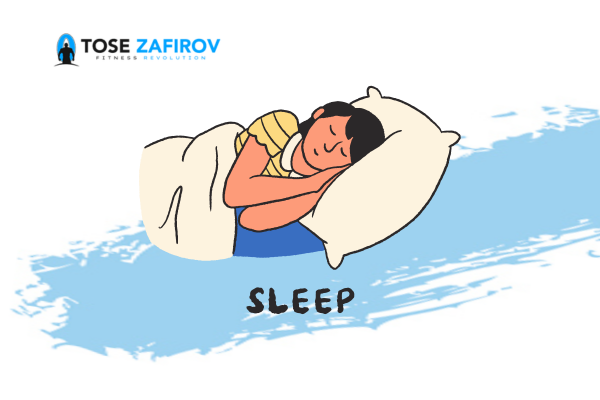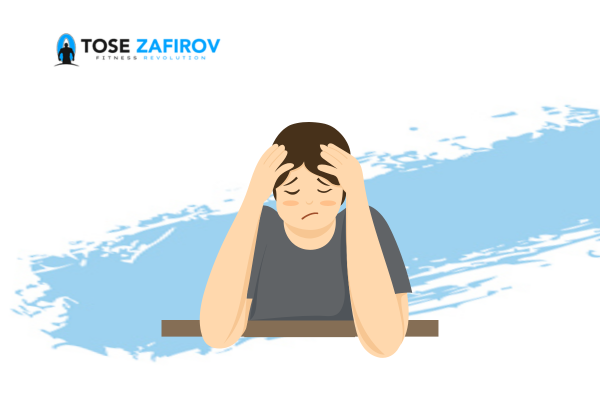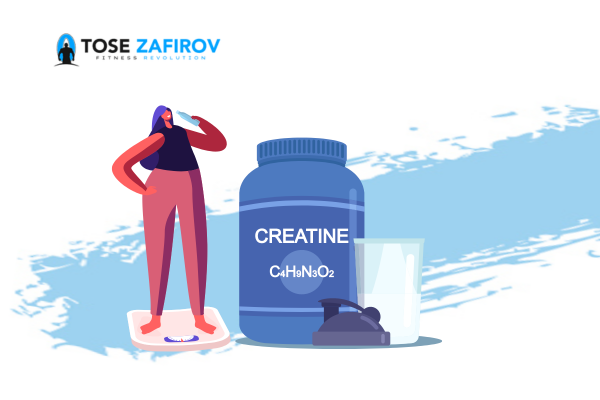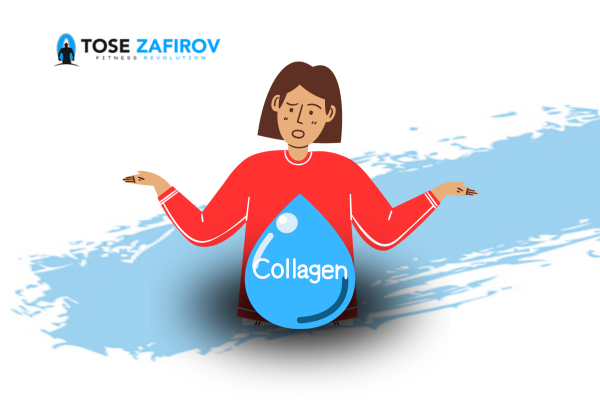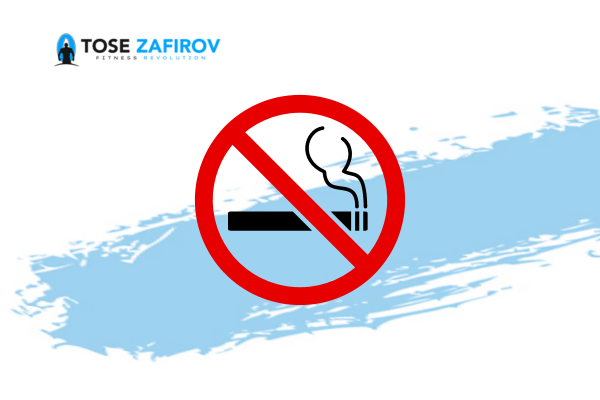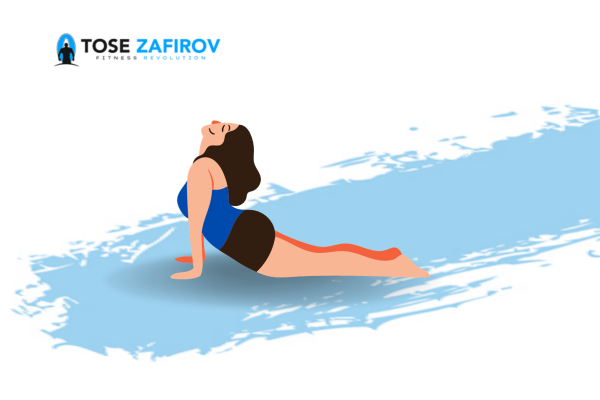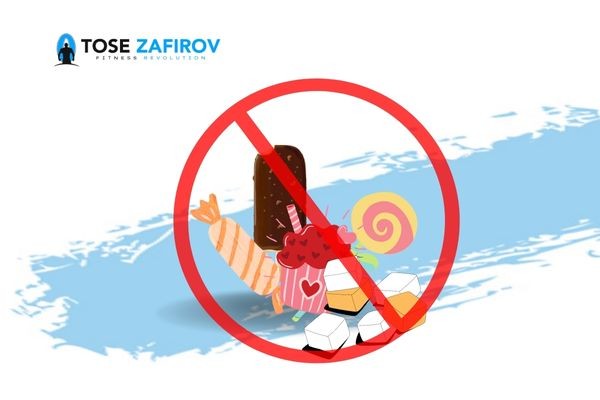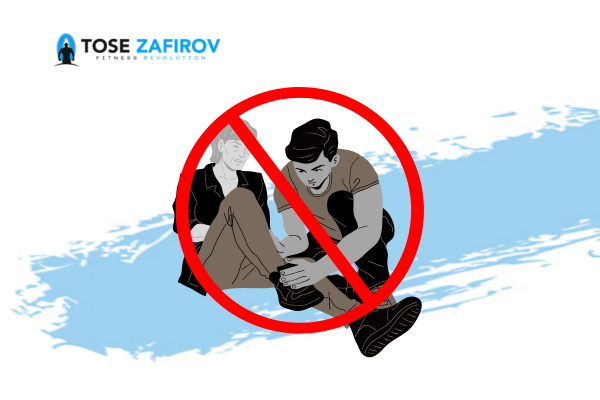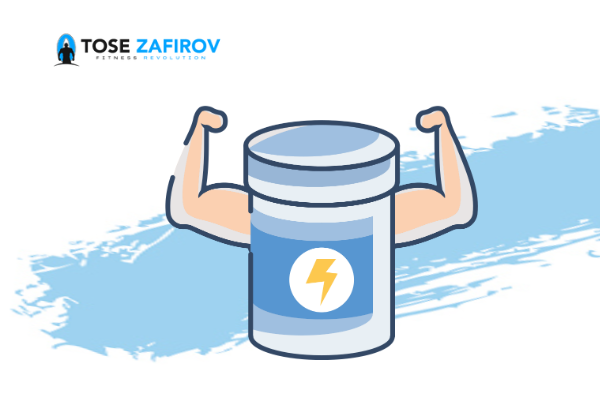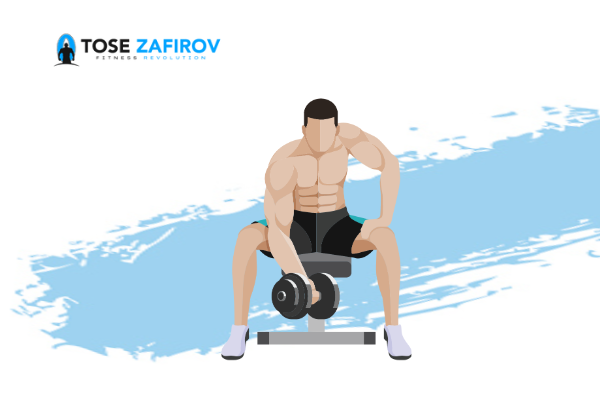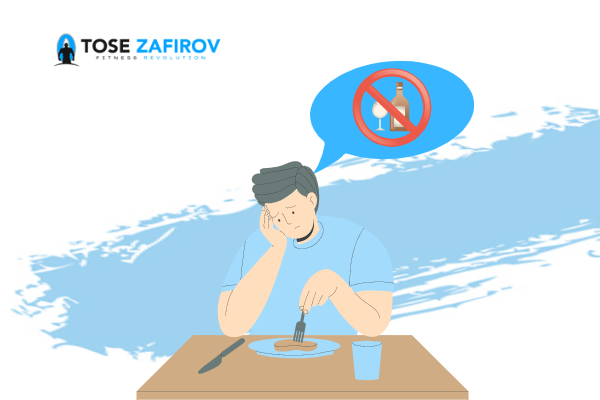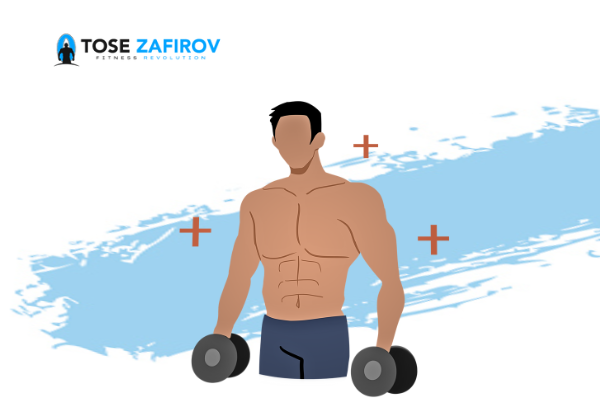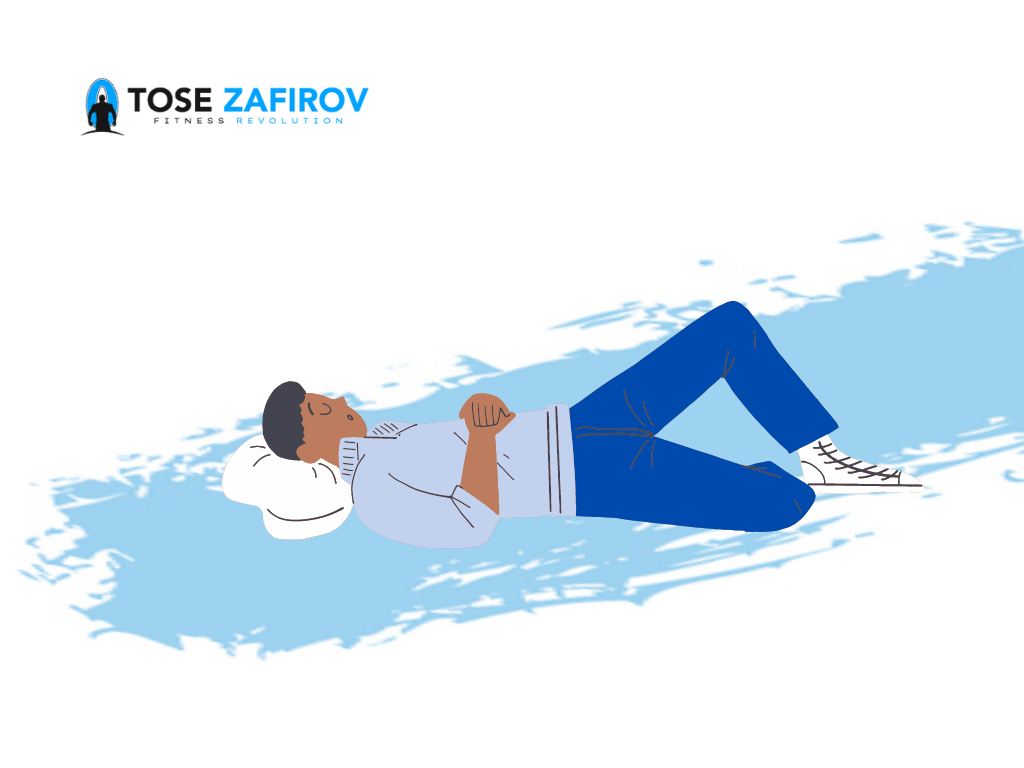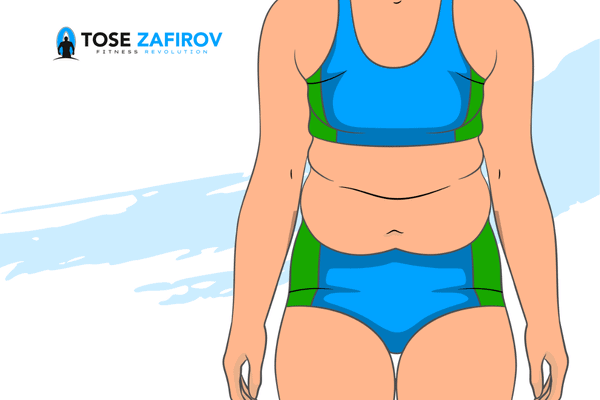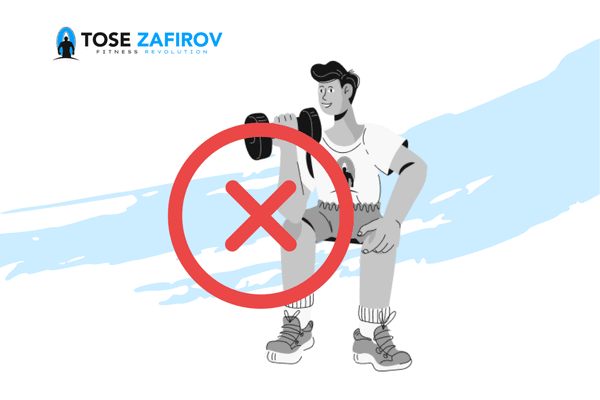Taking a creatine supplement is great for gaining muscle mass, but what might happen if you decide to stop taking it?
Key Takeaways:
- Creatine is a supplement that is safe to take and can have significant benefits for people who want to gain more muscle mass and have higher impact workouts. When someone stops taking creatine, they may experience some minor side effects, but these should disappear as the body returns to its base levels of creatine production. The side effects that may be experienced include a change in muscle mass, fatigue, and loss of water weight. While there may even be a temporary reduction in the body’s natural creatine production, they typically will return to normal in about 4-6 weeks.
What Happens To Your Body When You Stop Taking Creatine?
Creatine is a naturally occurring compound in our bodies. It is used in the creation of adenosine triphosphate, or ATP, which powers muscles as well as other systems in the body. Creatine is especially useful for people who are interested in heavy exercise, especially weight-lifting. People who engage in high intensity exercise often use creatine supplements to maximize their muscle gains, while also reducing recovery time. But what happens to your body when you stop taking creatine supplements? Consider the side effects and how they will affect your body when it comes to starting and stopping a creatine supplement.
What Are The Reasons To Stop Taking Creatine?
The main reason many people want to stop taking creatine is water retention. Supplementing with creatine may cause an increase in water retention, which a lot of athletes find undesirable. However, water retention is far from a guaranteed side effect of supplementing creatine. examined the possible side effects of creatine in depth. It found that when taken at a low daily level of 0.5-3 g per kilogram of body mass, there were few side effects that came with taking a creatine supplement.
So why should someone stop taking creatine? It has been found that taking creatine for a period of longer than eight weeks can cause the effects to plateau. Creatine can actually lose its effectiveness if it’s taken consistently over a long period of time. For this reason, many people use a creatine supplement on a cycle to maximize its effectiveness. Additionally, some people experience digestive discomfort when taking creatine. Lastly, if you must stop your exercise routine for any reason, it is recommended to stop taking creatine.
Do I Really Need To Cycle Creatine?
Cycling creatine is the best way to maximize its effects. Keeping your creatine levels balanced will allow you to maximize muscle growth and keep your recovery time between workouts low.
Effects Of Stopping Creatine
Some people who stop taking creatine may experience effects such as loss of muscle mass, strength, or endurance; on the other hand, some people report no side effects. More research is being done on the subject. Your results will likely be unique to you and your body. When stopping a creatine supplement, you may notice a change in your body weight or you may experience short periods of fatigue. You may also notice a difference in your abilities as far as exercise goes, especially if you do high-intensity workouts.
Some people who stop taking creatine may experience effects such as loss of muscle mass, strength, or endurance; on the other hand, some people report no side effects.
1. Loss In Water Weight
One of the main potential side effects people can experience from taking creatine supplements is water retention. Added water weight can make it difficult to gauge your body’s actual weight and muscle mass, and may cause frustration for people on a fitness journey. Researchers note that simply skipping the loading phase of creatine and supplementing with small doses can also help decrease the amount of water weight gained. When you stop taking creatine, your body will be able to flush out the excess water that’s been retained.
2. Loss In Muscle Size
Creatine is very important for gaining muscle mass. Taking it long-term has been found to be extremely beneficial, especially for people doing resistance training. Some people who stop taking creatine supplements do report noticing a decrease in muscle size after they stop, but the findings of studies have not necessarily backed this up. One study found that creatine withdrawal had little effect on muscle mass on the men participating in the study. Another study discovered that, after stopping creatine supplements, participants’ bodies returned to their base levels of creatine in approximately four weeks.
3. Reduced Creatine Production
Supplementing your body with extra creatine can cause it to slow down natural production. This is because the body is not only at its base level of creatine, but is rather at a heightened level from the extra creatine being consumed. People do not notice this until they stop taking creatine supplements, at which point the reduction in creatine levels becomes more obvious. However, the body will balance out once supplementation stops and the extra creatine is flushed.
4. Increased Fatigue
Because creatine is part of the process that provides our body with energy, you may find that you feel fatigued more often during workouts after stopping creatine supplements. This is because your body has become used to an elevated level of creatine; as you balance back out, you will find that this fatigue goes away and you return to a normal level of energy.
When Will I Return To Normal?
As with any supplement, you will have a period of time between when you stop taking creatine and when your body balances back out to its normal levels. This has been found to take about four to six weeks, with levels noticeably decreasing approximately every two weeks. It should be noted that some people may not even notice any drastic immediate changes when stopping creatine. The main change this study reported after participants discontinued creatine after 12 weeks was significant decrease in muscle endurance.
The bottom line
Stopping creatine supplementation may lead to various effects such as changes in muscle mass, strength, and endurance, as well as potential fatigue. However, individual experiences may vary, and the body typically returns to its normal state within four to six weeks after discontinuation.


